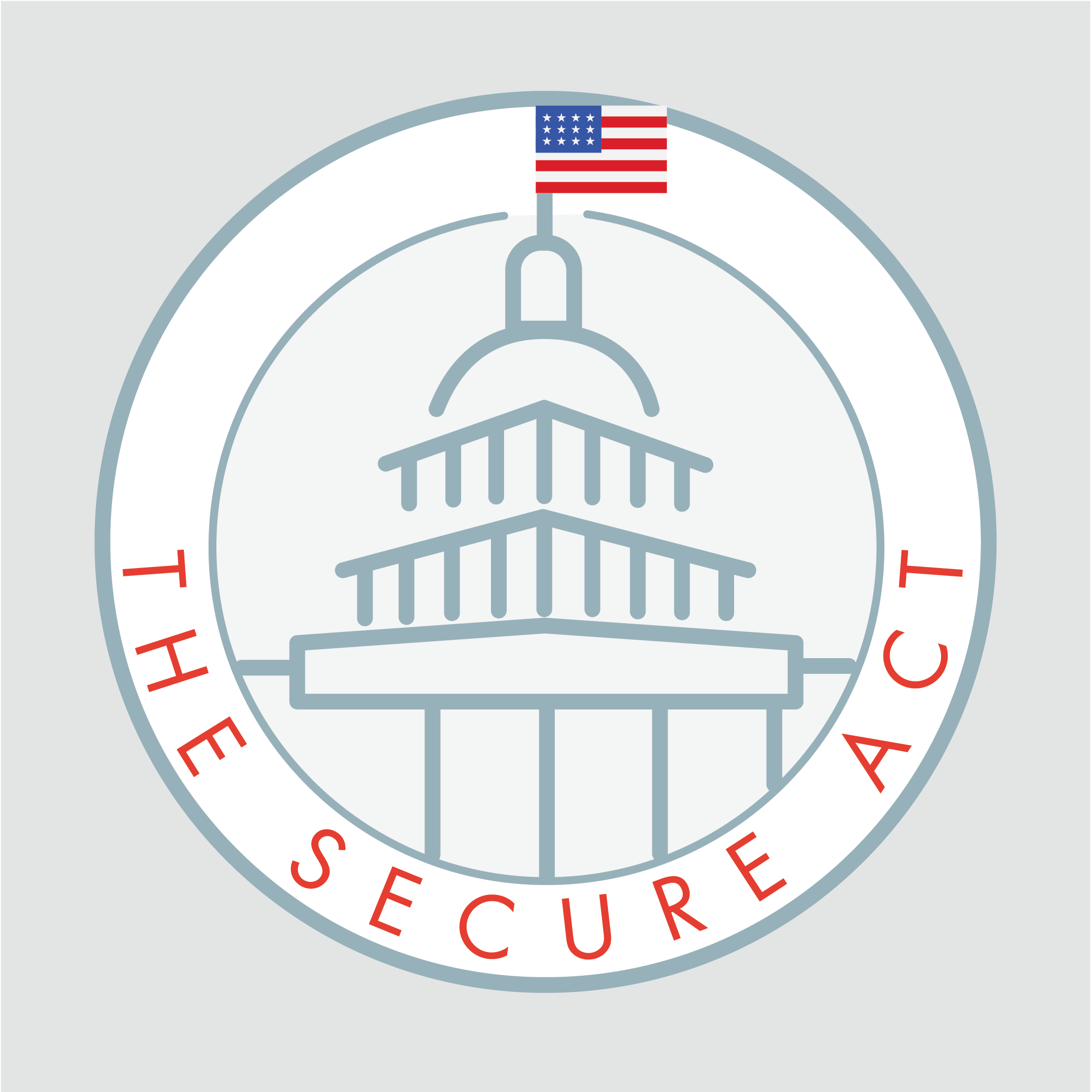As an Elder Law attorney, I know many of my clients receive Medicaid benefits to help with the costs of long-term care -- whether they're in a facility, in assisted living utilizing a waiver, or at home receiving waiver services. So, when the government announced the stimulus payments of $1,200 per adult and $500 per dependent child, immediately the Elder Law community wondered how the payments would be treated by Indiana Medicaid. And rightfully so.
Since stimulus payments started to be issued, I have received many inquiries from Medicaid recipients and other professionals with the most common question being:
...Read More





